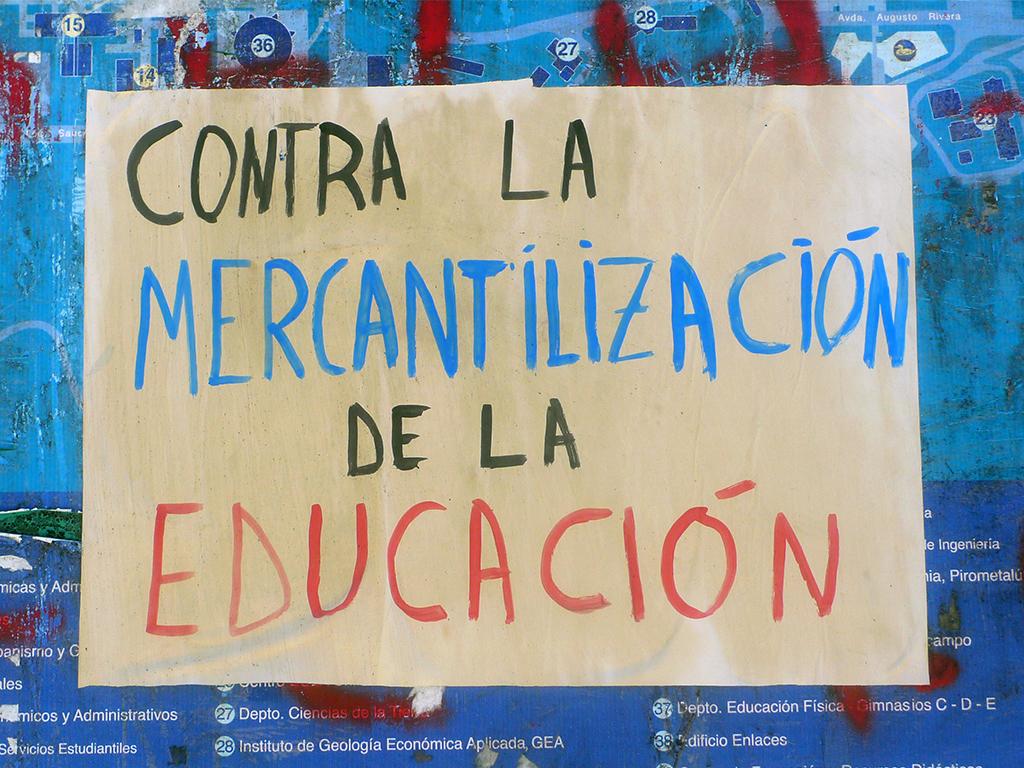Gran Concepción is Chile's second city, with nearly one million people in six parishes. Reasonably prosperous, but with a big problem: the industry that is traditionally the main source of income is losing rapidly to China. Students who graduate from one of the 19(!) local universities have a high scientific level; however, they leave after their study to build a scientific career The residents like to rebel against megacity Santiago, where it happens, but don't show enough initiative. The future of Gran Concepción is therefore not so promising.
With this as a starting point the innovation department of the World Bank launched a project to promote economic and social empowerment through open innovation. Many elements seem present, but people are not accustomed to working together and to break new ground. In a course of a year with five interventions they work under the guidance of experienced instructors in multidisciplinary teams towards new futures. One tangible result should consist of setting up one or more 'innovation hubs' in Gran Concepción, where new ideas, concepts, prototypes and services are developed that meet the real needs of the people.
In a five-day workshop, innovation hubs are conceived and developed. Representatives of Forum Virium (Helsinki), CitiLab & Urban Labs (both Barcelona) and Waag are invited as experts to guide the design process. A good reason to get on the plane and make the trip to Chile. Successively, we developed the ecosystem, the value proposition, business model and specific intended results. Thirty enthusiastic participants from government, industry and universities are working on plans for participatory development, innovative port services, a culture lab and an innovation lab for SMEs that need to rethink. My role is to introduce the citizen perspective, design, social innovation and our users-as-designers method.
The participants are very satisfied with the process. Difficult point is the follow-up, which is uncertain: nobody knows what will happen with all the ideas after the workshop. Despite the extensive preparation of the World Bank, political support for this initiative in Gran Concepción is volatile and the outcome of the last elections put a spanner in the works. Funnily enough, the participants from Santiago (ministries, funds) do plan to turn the results into concrete action.
This is a problem you get (too) often at workshops. Everybody is out of his daily routine, there is a lot of enthusiasm to dream, wild plans are devised and then .. nothing happens. Because we have a lot of workshop experience, our approach is now different: we start from the wishes, dreams and potential of the participants. By addressing their own desires, needs and strength, they are more likely to transform the outcomes into action. In addition, the workshop method must be so engaging that it can be applied in their own daily practice. In the end it is all about the new networks that people can use after the workshop, something they actually do. This almost always provides good results.
After the workshop in Chile is over we present the results in Santiago. All in all, it was an interesting learning experience. First, because the participants, new local contacts and potential partners. Interesting to see how the World Bank, a developmental organization rather than a traditional bank, operates in practice. Then the intensive contact with other experts - new projects will definitely come from this. The workshop method of Aalto University, Helsinki, which has accompanied the entire process, offering new insights. And finally, my first encounter with Chile, the most prosperous country in South America, full of natural resources and second-world problems that we can still learn from in our safe Europe.
